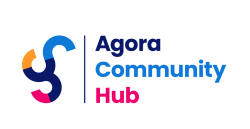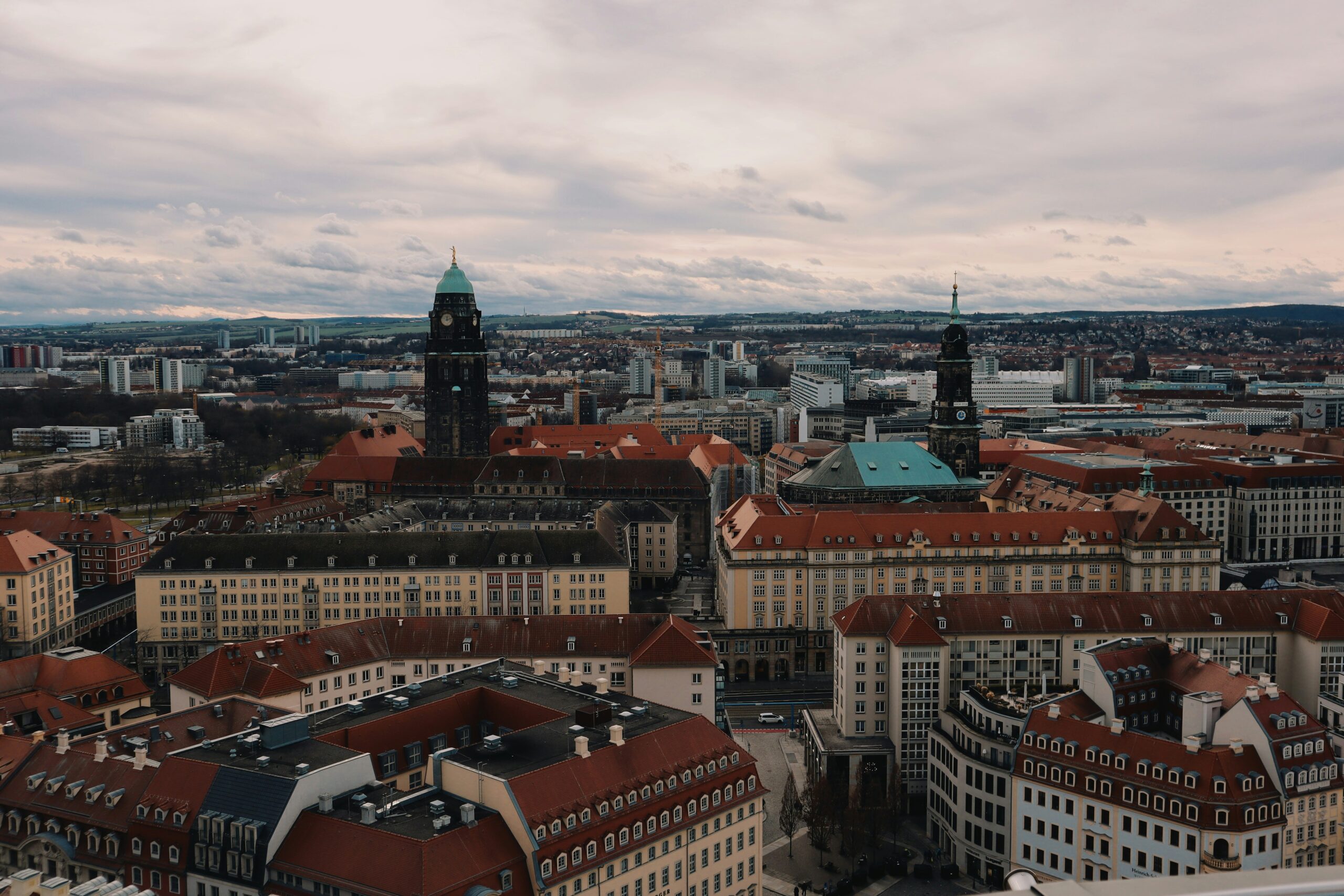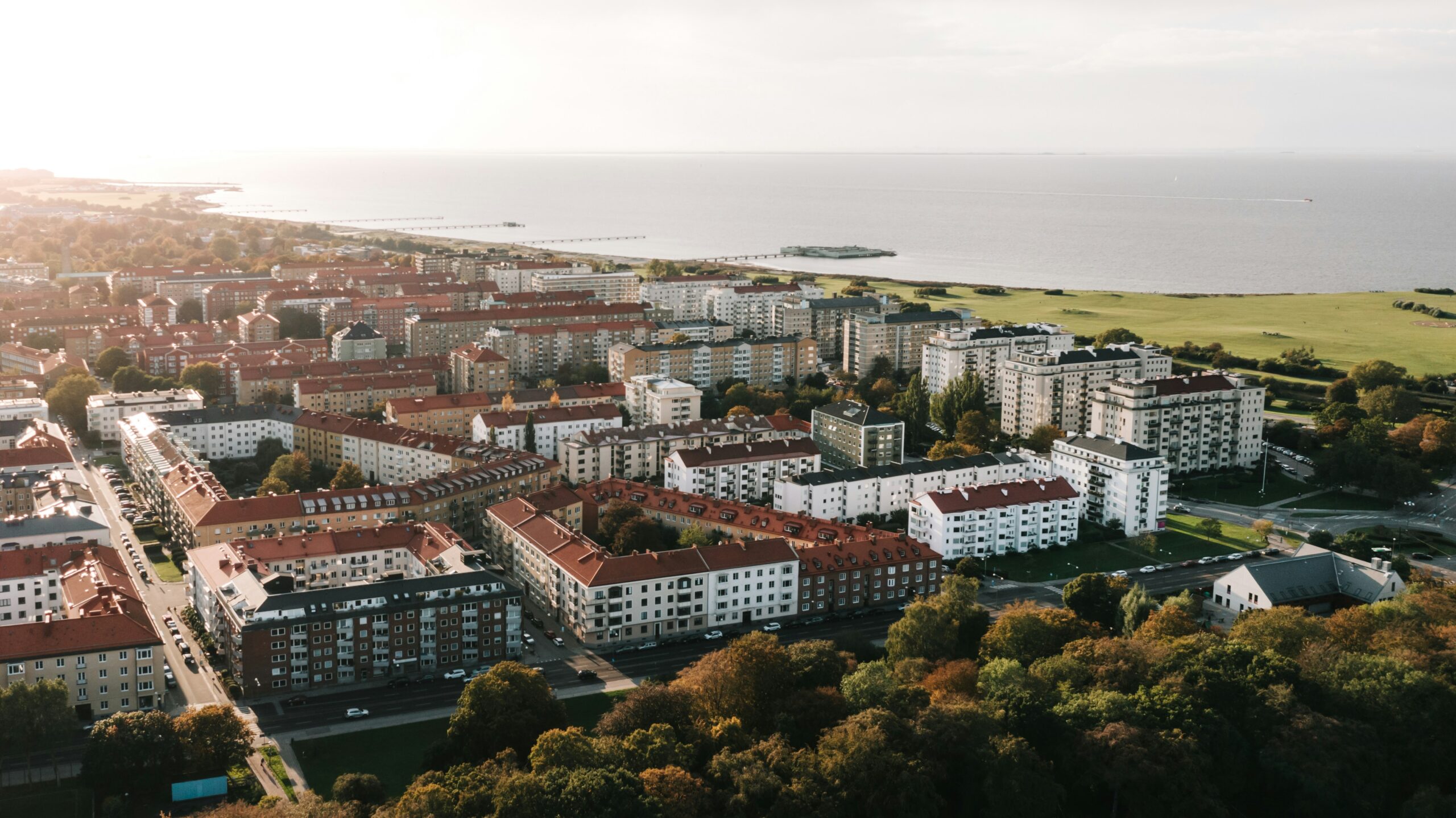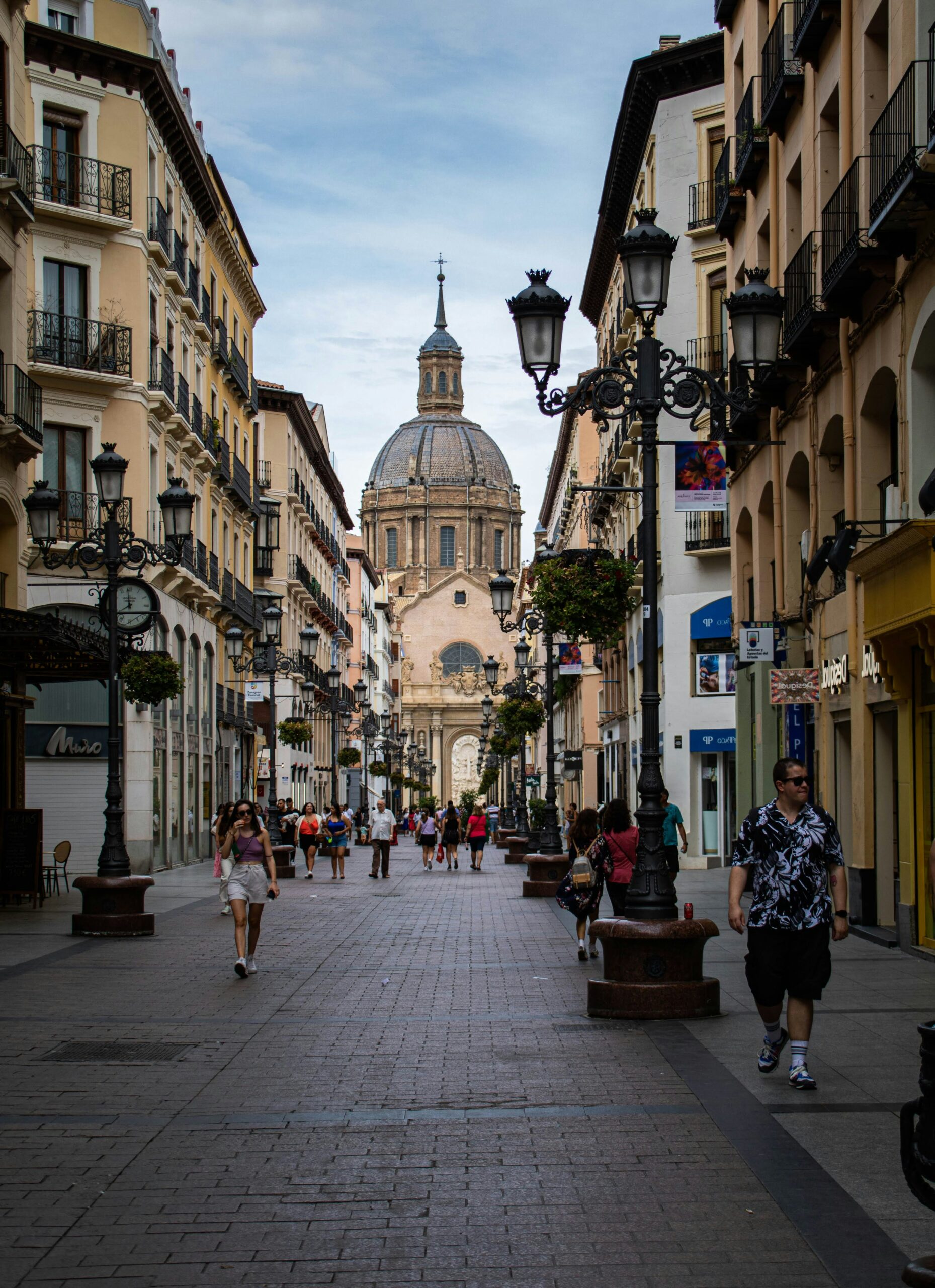Climate Change Adaptation and Gender: Insights from the Adaptation AGORA Project

Summary
Climate adaptation requires a comprehensive understanding of how community vulnerabilities are affected by climate adaptation. Gender is a major component of this and one that often gets overlooked. Societal roles often create situations where different genders are more affected by climate-related hazards. While gender can be a critical lens for understanding vulnerabilities, current adaptation policies need to go further when considering intersectionality. Considering intersectionality in climate change is crucial because the impacts are not experienced equally across populations. Factors such as gender, race, class, age, disability, and geographic location intersect to shape how individuals and communities are affected and how they can respond Despite international efforts and obligations, policies for mitigation and adaptation strategies have mostly failed to address gender inequalities in a meaningful way. For transformative change to be comprehensive, effective, and legitimate, it must be inclusive, progressive and substantive. The Adaptation AGORA Project follows the “gendered innovations” approach, which is harnessed by the creative power of gender analysis to make new discoveries and support innovation. Through various activities, like inception workshops, focus groups, and engagement mapping, the Adaptation AGORA Project has highlighted gendered issues within climate change and adaptation. This report gives an overview of how Adaptation AGORA has incorporated gender within its project activities and showcases project insights.
This article is an abridged version of the original text, which can be downloaded from the right-hand column. Please access the original text for more detail, research purposes, full references, or to quote text.
Introduction
Tackling climate adaptation effectively requires an understanding of how vulnerabilities are not uniform across all groups. While gender is a critical lens for this analysis, adaptation approaches must go further to consider intersecting factors, including biological sex and sexual orientation. Focusing on “women” as a single social category is an oversimplification that can lead to ineffective solutions. The distinction between gender (societal roles, behaviours, and identities) and sex (biological and physiological characteristics) is crucial here. Societal norms create gendered inequalities in access to resources, jobs, and power, which directly influence who is most vulnerable to climate shocks. For instance, in many regions, women are disproportionately responsible for water and food collection, tasks made more difficult by droughts.
The climate crisis impacts all sectors and populations, but it exacerbates inequalities between them, such as gender. These inequalities are closely linked to the major impacts of climate change, like environmental disasters or water scarcity, as well as to the ways mitigation and adaptation policies are designed—whether to counteract or, at times, reproduce these inequalities. From a gender perspective, social norms often assign distinct roles in both the formal and informal spheres, as well as in the domestic economy. These divisions shape how different groups experience the impacts of climate change and influence their access to resources, decision-making, and opportunities for resilience.
Insights from Adaptation AGORA
Through the Adaptation AGORA project, four pilot regions were engaged in Europe: Spain, Italy, Germany, and Sweden. Insights below draw upon documented inception workshops, focus groups, and final events from the Adaptation AGORA project, identifying how gender concerns were integrated — or overlooked — in local adaptation practices.
Inception workshops
In the early phases of the Adaptation AGORA project, inception workshops held in cities like Rome and Zaragoza began mapping climate risks and vulnerabilities with a participatory lens. Gender related vulnerabilities were recognized, particularly in relation to caregiving responsibilities and social exclusion, though the degree of integration varied by country.
The main project pilot events were not differentiated by gender to obtain a broad analysis of community needs, vulnerabilities, and pitfalls in climate adaptation specific to the pilot regions. Additional gendered events were created to dive deeper into community vulnerabilities and examine climate change through a transdisciplinary lens. These additional events allowed Adaptation AGORA to explore the wide-ranging impacts of climate change outside of the pilot regions and served as a way for the project to make an impact and gain followers outside of the pilot regions.
Focus groups
Throughout the project, focus groups targeting specific audiences were implemented to gain a deeper understanding of climate adaptation impacts. Gender-disaggregated focus groups allowed community members to express differentiated concerns.
Adaptation AGORA’s engagement methods included walking interviews, storytelling circles, and creative mapping exercises. Within the focus groups, some discussed gender-related impacts and solutions while others did not. This could be due to cultural traits, or the makeup of focus groups participants.
Additional stakeholder activities
Across all four pilot countries, additional stakeholder dialogues included NGOs, municipal officers, and climate researchers. These actors increasingly called for mainstreaming gender in planning, linking adaptation to democratic accountability.
Across the pilot countries, a series of dialogues, focus groups, and co-creation events deepened stakeholder understanding of how gender interacts with climate risk. In all regions, stakeholders called for climate adaptation frameworks that promote procedural and distributional justice. The Adaptation AGORA Evaluation Framework (D3.2) included gender equity indicators, such as inclusive representation, knowledge diversity, and gender-responsive budgeting.
Gender and citizen engagement
Throughout the project, citizen engagement mechanisms and approaches were compiled, examined, and implemented in various work packages.
The mapping, reporting, and analysis of citizen engagement methodologies and initiatives built upon other information gathered, and helped in the development of future project events, like the inception workshops conducted in WP2 and the capacity building events.
Successful citizen engagement initiatives and methodologies were found to have clear objectives, tailored communication strategies, and attention given to the intangibles of the engagement process, like the learning process. Equally important in enhancing collaboration is to foster partnerships and networks. The challenges identified include engaging with marginalized groups and ensuring communication and engagement initiatives translate into meaningful policy and action. Institutional challenges have also been identified as crucial barriers to successful engagement. The analysis of citizen engagement techniques by Adaptation AGORA underscores the importance of adaptability in designing communication and engagement initiatives that suit varied context and needs. In this aspect, gender is vital for truly effective and comprehensive engagement. Incorporating different intersections gender, gender-fluid, and non-binary populations, race, class, age, disabilities enhances our understanding of their vulnerabilities and sheds light on the needs specific to these communities.
Gender and social equity in adaptation
The Adaptation AGORA project has conducted a comprehensive analysis of how gender, vulnerability, and social equity are addressed in European climate adaptation. A systematic review of EU, German, and Spanish policies reveals a persistent gap between high-level policy ambitions and on-the-ground implementation.
The project adopted a nuanced understanding of inclusivity and defines an inclusive and integrative approach as one that explicitly considers gender, vulnerability, intergenerational responsibilities and marginality. Furthermore, the analysis embraces an intersectional lens, highlighting the need to support highly vulnerable groups such as the LGTBIQ+ community. By identifying these specific vulnerabilities, the project establishes a robust framework for assessing the equity of engagement practices for adaptation measures, ensuring that the focus remains on the real-world needs of those most affected by climate impacts. Building on this analysis of gaps and challenges, the project provides a clear roadmap for fostering more equitable adaptation. Recommendations consistently call for mandating explicit input from vulnerable communities through targeted outreach and ensuring their representation in decision-making bodies. For instance, Adaptation AGORA suggests transferring digital tools to amplify marginalized voices and establishing youth-specific engagement mechanisms like hackathons and digital innovation labs. By combining concrete policy recommendations with practical tools, the Adaptation AGORA project offers a holistic approach to build gender-responsive and socially just adaptation across Europe.
Industry and/or economic sector insights
A central finding from across the Adaptation AGORA project is the critical need to mainstream adaptation out of its environmental silo and integrate it across diverse economic and productive sectors. The project’s policy analysis consistently emphasizes that effective resilience requires a holistic approach that embeds adaptation within sectors such as agriculture, water management, urban planning, transport, energy, and industry. However, a detailed review of current adaptation initiatives reveals that this integration is still lacking with adaptation solutions primarily focusing on environmental and land planning, with significantly less attention paid to crucial social and economic areas like tourism, public health, and business development. This sectoral imbalance is a fundamental weakness that limits the effectiveness and sustainability of current adaptation efforts.
Policy Implications
Policy lessons emerging from the Adaptation AGORA pilots emphasize the need for gender-sensitive adaptation strategies with an intersectional point of view. While the EU Green Deal and national adaptation frameworks recognize vulnerable populations, operationalizing gender equity remains a challenge. By examining both barriers and opportunities, this section outlines practical entry points for mainstreaming gender in climate policy.
One consistent gap identified across Adaptation AGORA consultations is the absence of mandatory gender-disaggregated data collection in adaptation planning. This data gap weakens the ability of municipalities to conduct vulnerability assessments that reflect intersectional realities.
Areas to improve
Even though Adaptation AGORA Project had some events targeting women, there is always a need
for increased gender-disaggregate events to promote understanding gendered differences in climate change and adaptation. There is also a need for increased events with the non-binary and transgender communities, as understanding their specific challenges and vulnerabilities with climate change, adaptation, and engagement is lacking.





Comments
There is no content